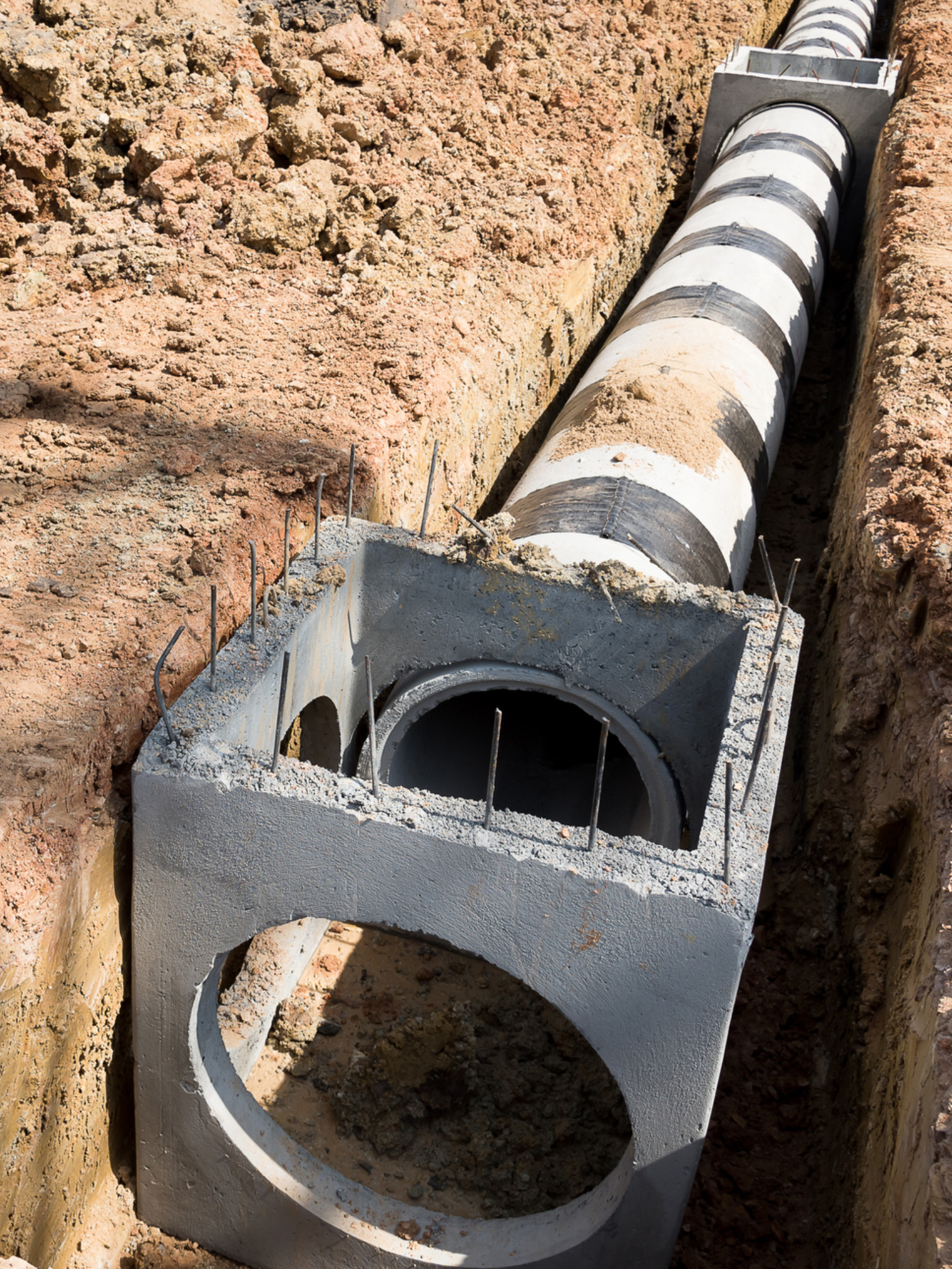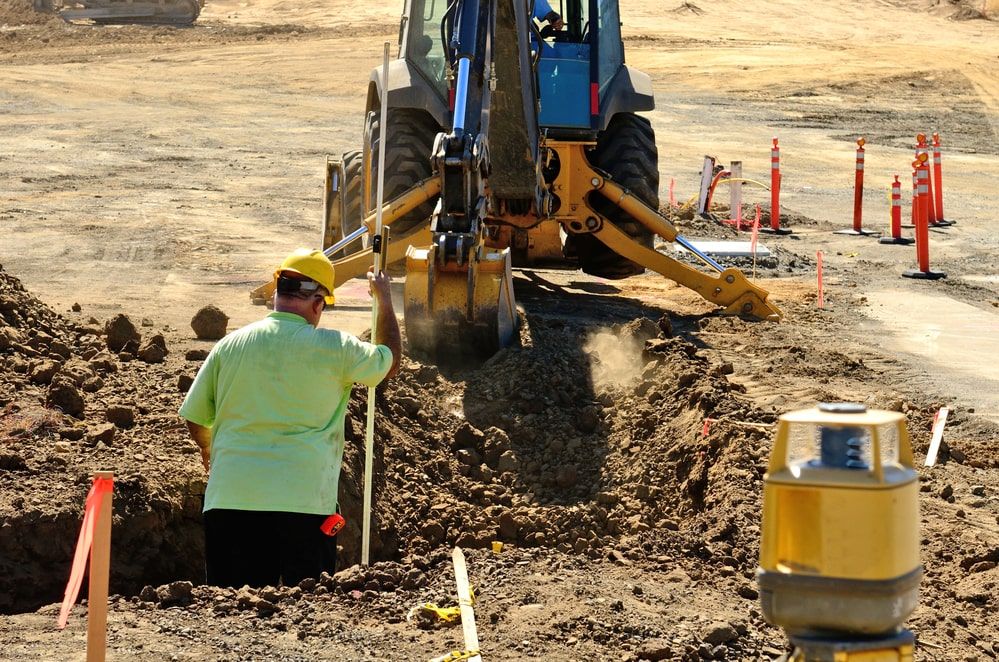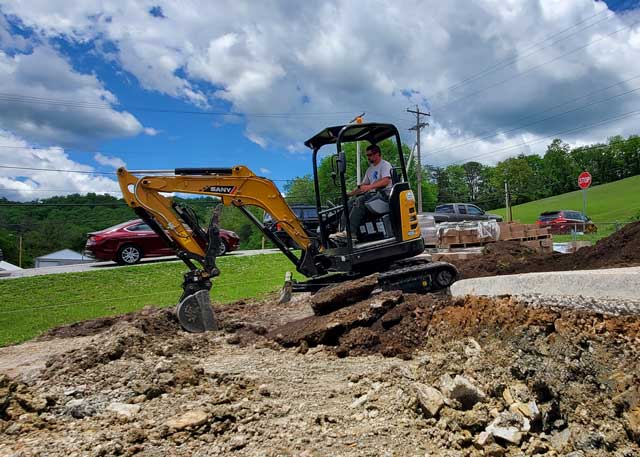Comprehensive Excavation Approaches: Grasping the Fundamentals for Success
The careful preparation, accurate implementation, and precise attention to information required in excavation tasks demand a detailed strategy that includes various essential aspects. The real proficiency lies not merely in comprehending these principles yet in seamlessly incorporating them to navigate the intricacies of excavation jobs with skill.
Understanding Excavation Task Preparation

Successful excavation jobs are improved the structure of extensive and careful planning. The preliminary stage of any kind of excavation task is the planning phase, where crucial decisions are made that can considerably affect the end result of the project. During this stage, it is important to gather all relevant info concerning the site, including topographical surveys, soil composition, and any kind of potential threats that might exist. Recognizing the task spending plan, timeline, and range restraints is essential for creating an extensive excavation plan that makes sure the project's success.
One key facet of excavation project preparation is the growth of a comprehensive timeline that details the series of due dates, landmarks, and activities. This timeline serves as a roadmap for the project group, permitting them to track development and make needed changes to ensure the job stays on schedule. In addition, a distinct budget plan that accounts for all expenditures, consisting of devices service, labor costs, and materials, is important for preventing price overruns and delays. By meticulously taking into consideration all these elements during the planning phase, excavation jobs can be implemented effectively and efficiently, leading to effective results.
Soil Evaluation and Website Analysis
Carrying out thorough soil evaluation and site evaluation is an essential action in the preparation stage of any excavation job. Dirt analysis includes establishing the structure, framework, and residential properties of the soil at the excavation site. This info is vital for comprehending the soil's bearing ability, wetness content, and capacity for erosion, which are essential factors in identifying the excavation techniques and equipment needed for the task.
Website assessment surpasses dirt evaluation and encompasses a more comprehensive analysis of the overall website conditions. This analysis includes identifying any type of prospective dangers, such as below ground energies, environmental worries, or unsteady surface, that can affect the excavation process. By extensively examining the website, project managers can create effective excavation approaches that prioritize safety and security, efficiency, and environmental management.
Using advanced modern technologies like ground-penetrating radar, soil tasting, and drone studies can enhance the precision and performance of soil analysis and site assessment. Spending time and sources in these initial steps can eventually conserve time and prevent expensive delays or complications throughout the excavation process.
Devices Option and Utilization
Efficient excavation jobs depend heavily on strategic tools option and usage to make sure optimal efficiency and productivity. Selecting the right tools for the work is essential in optimizing effectiveness and reducing downtime. Elements such as the sort of dirt, deepness of excavation, and task scope play a considerable home function in determining one of the most ideal equipment for the job at hand.

In addition to choosing the suitable devices, appropriate usage is crucial to project success. Operators has to be trained to take care of the equipment safely and efficiently - dump truck companies in ohio. Routine maintenance checks and timely repairs aid protect against failures and make sure regular performance throughout the task
Precaution and Laws Conformity
In the world of excavation tasks, prioritizing precaution and conformity with policies is critical to making certain a safe and secure and lawfully audio functional environment. Precaution include a variety of methods, consisting of performing comprehensive website assessments, carrying out appropriate signs and barriers, and providing adequate security training for all personnel associated with the excavation procedure. Adherence to regulations, such as OSHA requirements in the USA, ensures that the excavation job fulfills the essential standards to shield workers, spectators, and the surrounding setting.

Monitoring Progression and Adjusting Approaches
Exactly how can predict supervisors properly track the improvement of excavation projects and adjust their techniques accordingly to maximize results? Tracking development is necessary for making certain that excavation jobs remain on track and fulfill deadlines. Job supervisors can make use of numerous devices and techniques to track progress, such as daily development records, normal site examinations, and advanced monitoring technologies like drones and general practitioners tracking systems. By constantly monitoring the job's innovation, managers can recognize any prospective delays or problems early and take aggressive steps to address them.

Final Thought
To conclude, grasping the basics of comprehensive excavation techniques is necessary for the success of any job. By comprehending project preparation, assessing soil and site problems, picking proper equipment, adhering to safety guidelines, and checking progression, job supervisors can visit make certain a effective and smooth excavation procedure. Implementing these approaches will result in effective outcomes and decrease potential threats or troubles during the excavation project.
The preliminary phase of any kind of excavation task is the preparation stage, where essential choices are made that can significantly affect the end result of the project. Understanding the task budget plan, range, and timeline constraints is critical for developing a detailed excavation plan that guarantees the project's success.
How can predict supervisors effectively track the advancement of excavation tasks and adjust their methods as necessary to optimize outcomes? By carefully checking progression and being prepared to adapt methods, task managers can boost the total success of excavation visit our website tasks.
By comprehending task planning, evaluating soil and site problems, picking appropriate equipment, conforming with safety guidelines, and checking progression, job supervisors can guarantee a smooth and efficient excavation procedure.